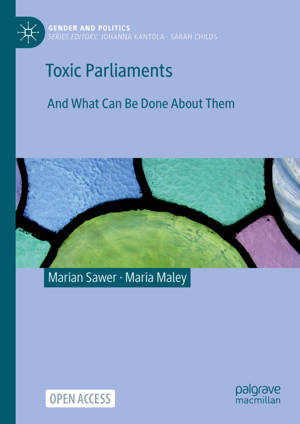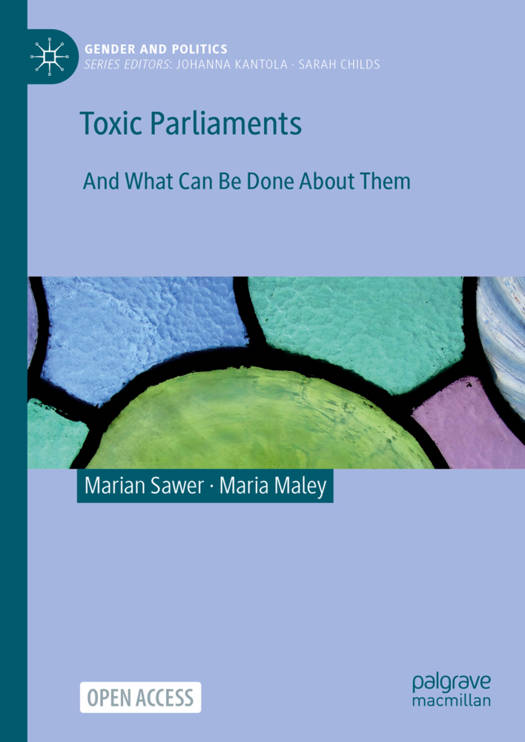
- Retrait gratuit dans votre magasin Club
- 7.000.000 titres dans notre catalogue
- Payer en toute sécurité
- Toujours un magasin près de chez vous
- Retrait gratuit dans votre magasin Club
- 7.000.0000 titres dans notre catalogue
- Payer en toute sécurité
- Toujours un magasin près de chez vous
Description
This open access book shows how the #MeToo movement and revelations of sexual harassment and bullying have spurred on reform of the parliamentary workplace in four Westminster countries - Australia, Canada, New Zealand and the UK. Long-standing conventions included extreme power imbalances between parliamentarians and staff and a lack of professionalised employment practices. Codes of conduct and independent complaints bodies were resisted on grounds of parliamentary privilege: the ballot box was supposedly the best means of holding parliamentarians accountable for their conduct. The taken-for-granted status of adversarial politics and its silencing effects also rendered gendered mistreatment invisible. The authors examine the institutional backdrop and the different trajectories of reform in the four countries, with most detail on the dramatic developments in Australia after angry women marched on parliament houses in 2021. They show how the different parliaments have responded to escalating evidence of misconduct, the role of policy borrowing, and the possibilities of lasting institutional change.
Spécifications
Parties prenantes
- Auteur(s) :
- Editeur:
Contenu
- Nombre de pages :
- 125
- Langue:
- Anglais
- Collection :
Caractéristiques
- EAN:
- 9783031483271
- Date de parution :
- 11-04-24
- Format:
- Livre relié
- Format numérique:
- Genaaid
- Dimensions :
- 148 mm x 210 mm
- Poids :
- 326 g

Les avis
Nous publions uniquement les avis qui respectent les conditions requises. Consultez nos conditions pour les avis.






